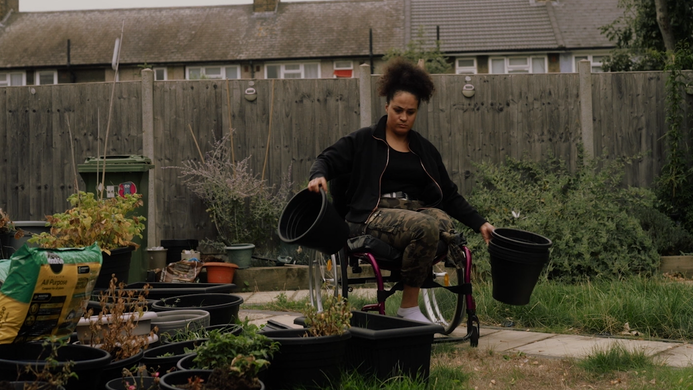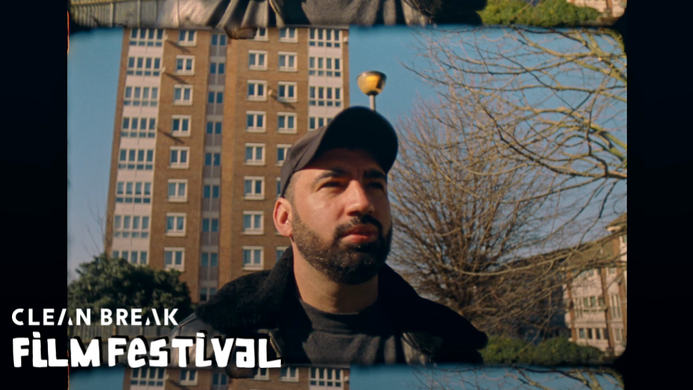
Emily is a lecturer in Criminology at Leeds Beckett University, and a critical criminologist whose research and teaching crosses the areas of prisons, feminism and resistance movements. Her work takes an anti-carceral, feminist stance and is concerned with the harms of imprisonment, in particular on women. Her research examines the impact of prison expansion and forms of resistance to punitive state measures and is the co-editor of the book Resist the Punitive State: Grassroot Struggles Across Welfare, Housing, Education and Prisons (2020, Pluto Press). Emily is a trade union and anti-prison activist and has organised with Community Action on Prison Expansion across a number of campaigns fighting the building of mega prisons in England and Wales.
On the release of our film Hope we asked three activists to respond to the film and share on how they view hope and where they find it within their work. Emily has offered her response below.
I was not sure how to start this piece. I guess I am writing this due to my anti prison activist work- I have been part of a number of campaigns over the years fighting prison expansion and efforts to stop the building of a number of new mega prisons in England and Wales. Some campaigns more successful than others. I also teach- I am lucky to have a job that allows me to teach and write about more radical ideas around prison abolition and the horror that is the growing prison industrial complex.
So- the question- how do I find hope in what I do? I think it is easier to find hope when you are in a privileged position as I am lucky enough to be. But sometimes I have to look hard for hope. What I have found inspirational and a motivating force that has spurred on my activist work and driven my rage, even when it has felt hopeless, were the women I met in prison. I spent over a year researching, teaching, interviewing and listening to women in a prison in the North of England.
Nothing had prepared me for the horror of the place. And in this terrible place, unbelievably, hope bloomed in the cracks that appeared in the system.
Hope was a life force that pushed outwards from the women that held it in their hearts- even when all appeared hopeless – even when hope was nothing more than a tiny speck, a shallow breath, a passing moment or a small morsel of pleasure, it was there. Hope was in these human cages.
This is not to say that hope always exists, wins, succeeds, grows or lives. Too often it doesn’t and that must be recognized. Many mornings I would enter the prison to the sounds of women waking up in cages and too often there was one less voice, one less yawn, one less breakfast to serve and one less scream to be heard. The carceral system tries everything to kill hope. It squashes, robs, extinguishes and rubs out hope.
But... The hope that these women had, despite their circumstances was demonstrated in so many ways...
The way they supported others. The way they spoke about their futures. The fact that they would open their eyes every morning. The way they wanted to share their stories with me, so others could hear their hope. The ways they spoke of their children, families and friends.
For me- I experienced trauma from my time working and researching in prison. I was pregnant and carried my baby there every day for nine months. I have also experienced guilt for even feeling this trauma- I got to go home every night.
So, I listened, I tried my hardest to hear the women to hear their stories and to hear the hope they held dear. It fuels my activism and writing and teaching.
So, when I feel hopeless, when I feel like it is all futile and that the world will burn anyway, that my children will have no future … Then I think of the women I met in prison. I think of the hope they held on to, that grew in the cracks in the system, the cracks that even the carceral state could not fill with horror and violence. The cracks that were formed by and filled with the love, friendship, motherhood, strength, grace, hopes and futures of these women.
In the darkest times I think of how, if hope can grow there- it can grow anywhere and I take it, I nurture it, I kiss by own hope filled babies- not yet quite ruined by the horrors of this world, and I put my next foot forward, in hope.


